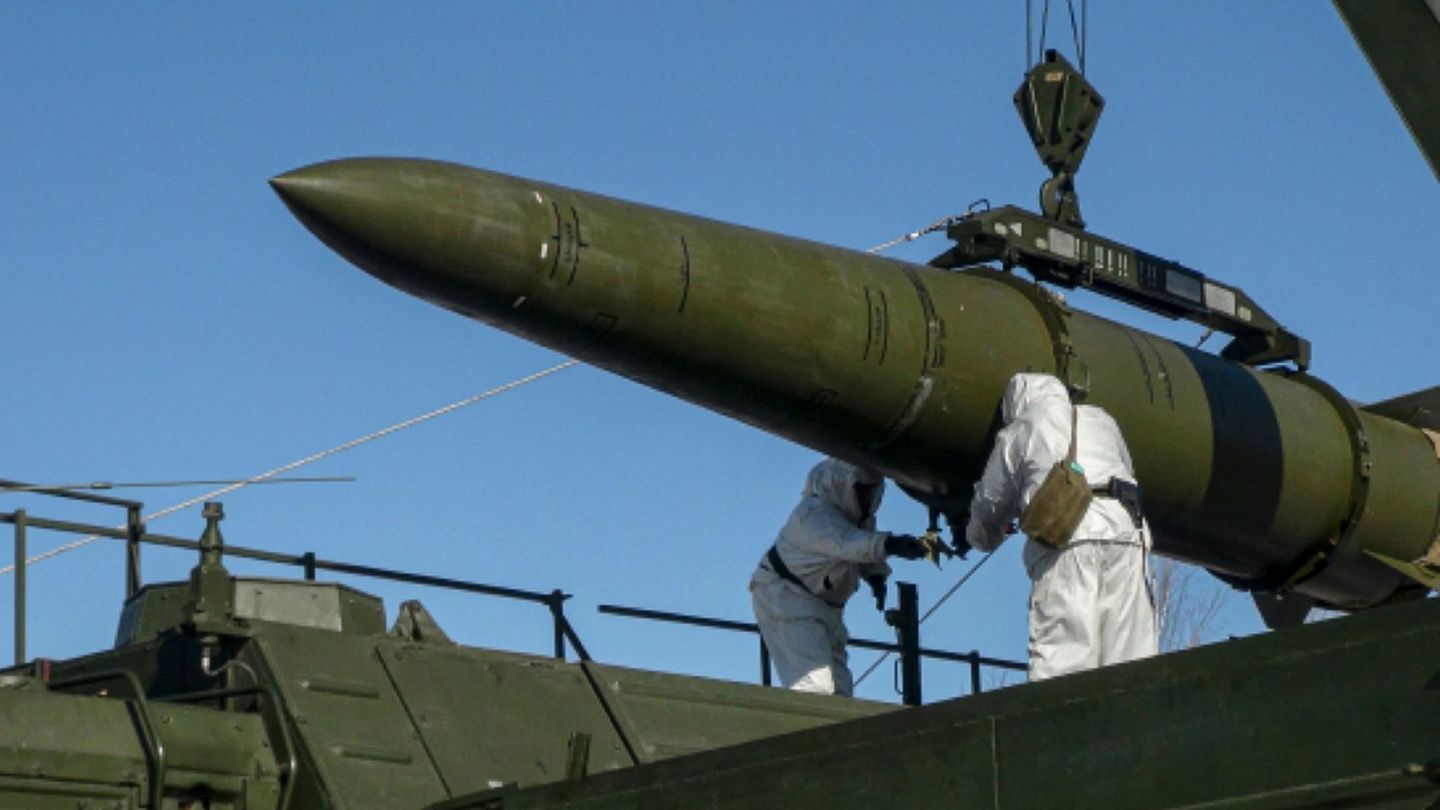This was marked by the EU elections on June 9th and the future of the Green Deal. The wet start took place at 11 a.m. in Bregenz, in Linz and Vienna it started at 4 p.m. According to the organizers, there were around 4,000 participants in the federal capital.
“Voting is like brushing your teeth”
The activists also attribute the EU’s Green Deal to a record turnout of young voters in the last election in 2019. However, the current shift to the right is now putting central elements of climate protection at risk – and so the motto of the climate strikes fixed in a total of eight Austrian cities was “Voting is like brushing your teeth – if you don’t do it, it will turn brown!”.
Start in pouring rain
To prevent this, around 150 stalwarts – according to the FFF, 300 – gathered in Bregenz in pouring rain, with an air temperature of ten degrees and a strong wind warning for Lake Constance to demand a change of heart at the “Square for Human Rights” at Bregenz harbor. The rally was held under the motto “We have the choice” and was intended to motivate people to vote in the EU elections on June 9. Instead of drawing attention to their concerns with a demonstration, as in previous climate strikes, this time Vorarlberg decided to hold a stand-up rally. Several speakers with short speeches and live music kept the activists in good spirits.
In Carinthia there were 75 participants – 100 were counted by the organizers – who in Klagenfurt braved the rainy weather and marched from the Lindwurm straight through the city center. “Right-wing and conservative” politicians would do little to nothing to combat the climate crisis, was the basic tenor that ran through the speeches – consequently, on the occasion of the EU elections the Sunday after next, the slogan “Long live international solidarity” was also heard. The EU renaturation law, which continues to be blocked in Austria, also sparked particular anger. The demonstrators, who belong to all age groups, also shared this anger with the “Scientists for Future Carinthia”, who had just sent an open letter on this topic to the Carinthian governor Peter Kaiser (SPÖ) on Friday.
Traffic blockade in Vordernberg
In the Styrian capital Graz Of the 500 participants who had registered, around half responded to the call to protest. The demonstration started at around 4:15 p.m. on the main square and moved over the Kepler Bridge to Franz-Graf-Allee. There were also demonstrations in Vordernberg in Upper Styria on Friday morning: four demonstrators stuck themselves partially to the road there to block access to the Erzbergrodeo. However, the gathering was broken up by the police.
In Tyrol, activists in Kufstein and innsbruck in rainy weather. In the fortress town in the Tyrolean lowlands, the turnout was extremely modest. Around 40 people took part in the demonstration, which, according to the police, was peaceful. In the state capital, a rally took place in the afternoon on the central market square, with – in keeping with the event’s motto – communal tooth brushing.
Protest march through Salzburg city centre
In Salzburg Despite the constant rain, around 250 participants gathered from the main train station to the Great Festival Hall shortly before the start of the demonstration at 3 p.m. The city has experienced major climate protests in the past, but this did not diminish the intensity of the loudly presented demands. “The climate crisis is progressing from year to year and the effects are becoming more and more severe,” said Anika Dafert from Fridays for Future Salzburg, one of the organizers of the demonstration. The protest was also directed against the black-blue state government in Salzburg. “Under the guise of the energy transition, this is weakening nature conservation and the state environmental agency with amendments to the law and is opposing the planned EU renaturation law,” said Dafert. Those responsible are thus playing nature conservation and climate protection off against each other.
In Linz the main square was only partially filled in the rain. “Climate protection and democracy are in danger from right-wing extremist forces,” warned the organizers in view of the EU elections. In 2019, the climate movement had already brought young people to the EU ballot box, and they wanted to repeat that this year. “These elections are a trend-setter for EU policy over the next five years,” it is about a peaceful and sustainable Europe, emphasized Matilda Tauber from “Fridays For Future Linz.” The demonstrators were then called upon to pull out their toothbrushes for dental and democratic care. The organizers received support from cabaret artist Berni Wagner.
4,000 participants in Vienna
At the start in Vienna, the WWF called for a “political alliance” for the EU renaturation law. “Nature conservation is climate protection. Therefore, an alliance of the willing is needed now to resolve the current stalemate between the federal government and the states,” said WWF biodiversity spokesperson Joschka Brangs in his speech, according to the press release. After the starting rally in Sigmund Freud Park, the 4,000 participants in the federal capital then set off – also in the rain – towards Heldenplatz. According to the organizers, the “biggest collective tooth-brushing of all time” took place there – and the weather was kind: when the goal was reached just after 6 p.m., the rain stopped, reported Klara König, spokesperson for “Fridays For Future Austria”.
“It is about the choice between a democratic future and an authoritarian past, between solidarity and agitation, between consistent climate protection and destructive fossil fuel policies. We must now be vigilant and use our voice,” König then warned the strikers.
Views on social media
In addition to the streets of Austria and Europe, the strike also took place on social media. Every crisis requires a resilient and resilient democracy, FFF appealed in advance. According to its own definition, it is a democratic movement made up of young people, and accordingly it is its task to defend democracy. This is why it called for protests against right-wing extremism at the beginning of the year.
Greenpeace warned of an acute threat to nature conservation laws at EU level during the climate strike. This makes it all the more important to make the EU elections on June 9 a decision on the direction of strong climate and environmental protection. A similar appeal followed on Friday morning from the NGO Global 2000, which also called on people to take part in one of the climate strikes.
My themes
For your bookmarked topics
new articles found.
info By clicking on the icon you add the keyword to your topics.
info
By clicking on the icon you open your “my topics” page. You have of 15 keywords saved and would have to remove keywords.
info By clicking on the icon you remove the keyword from your topics.
Add the topic to your topics.
Source: Nachrichten




